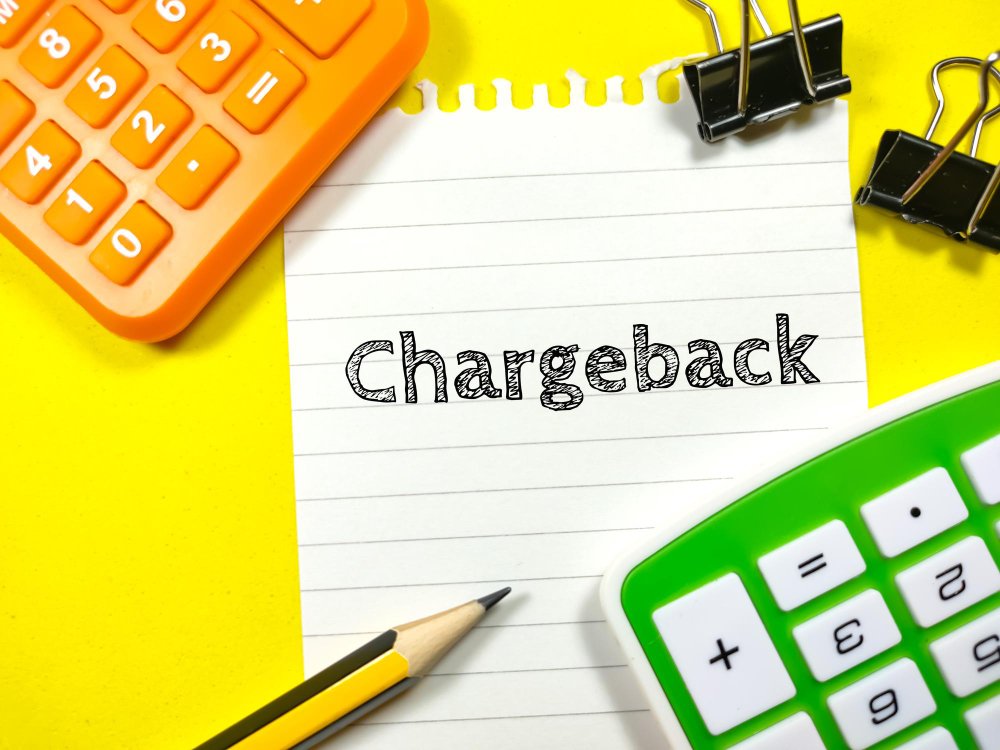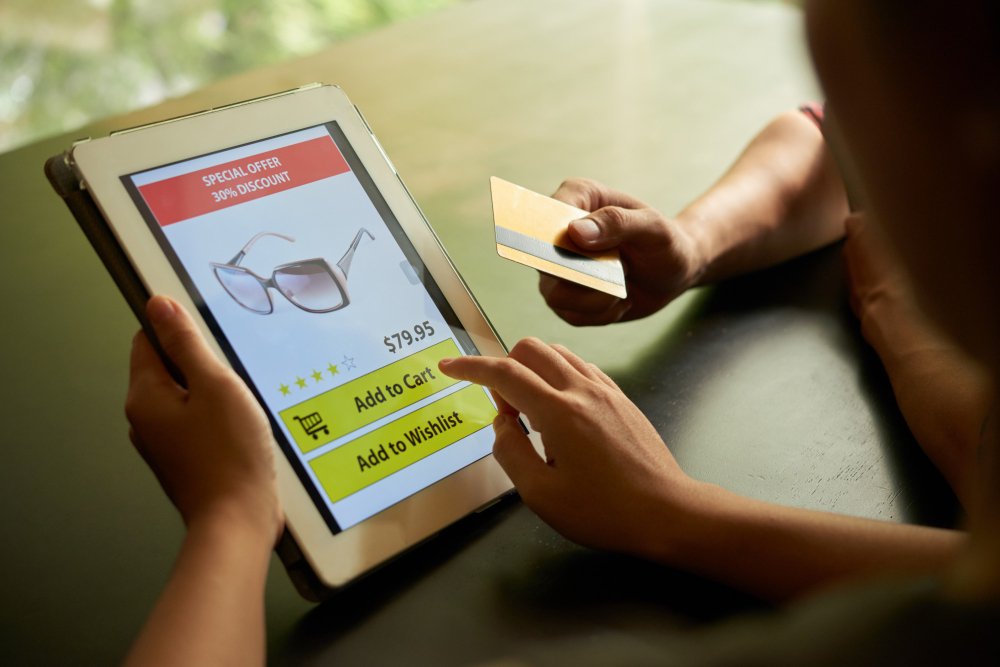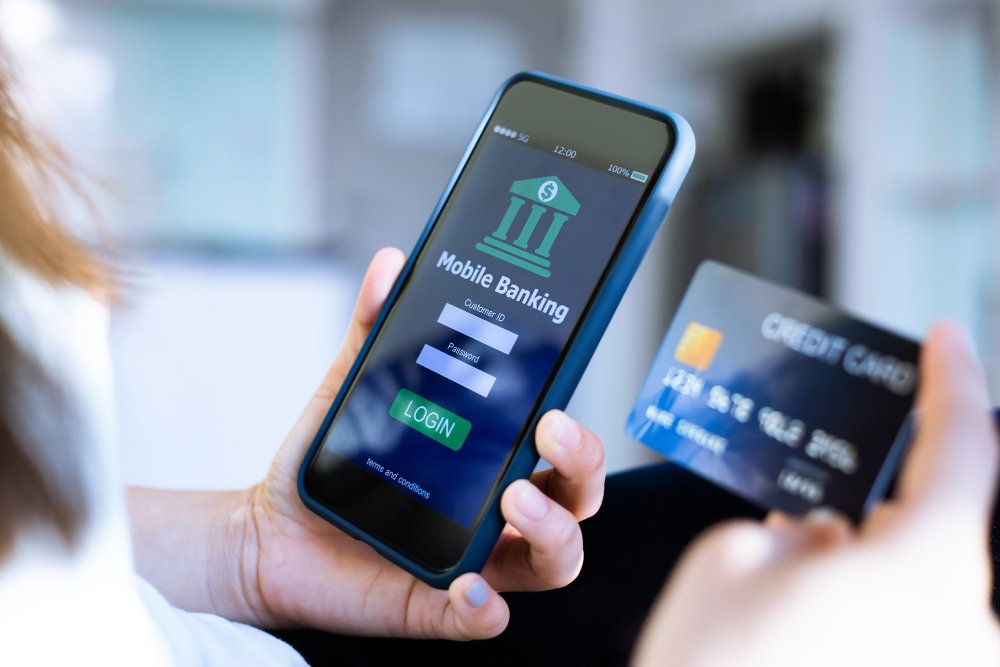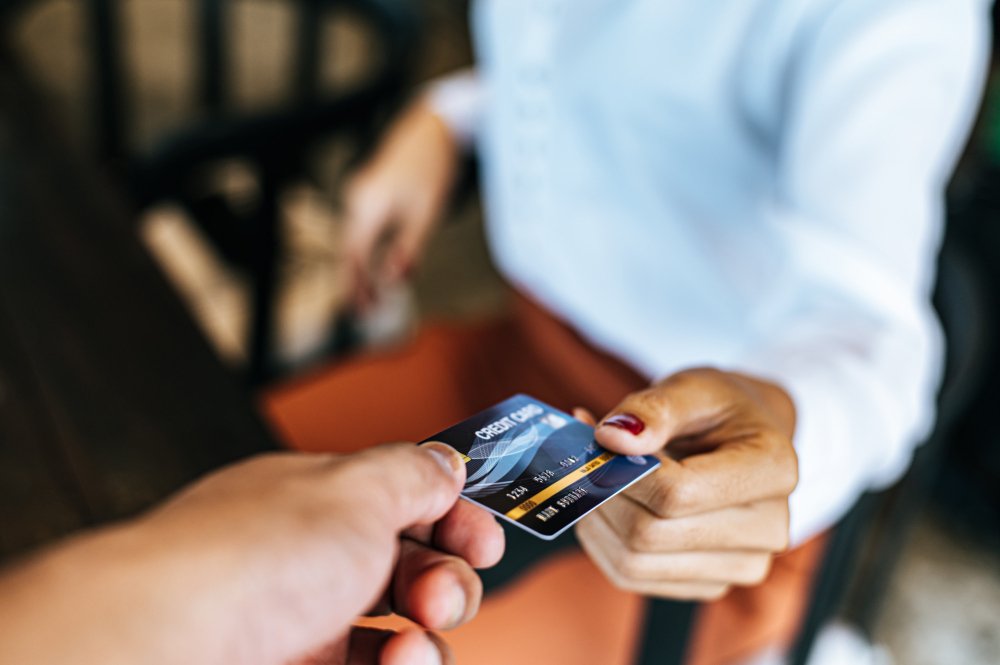Payment Processors: Who They Are and How They Impact Your Business
When a company runs a business that accepts payments for its goods and services from clients with money in the form other than cash (paper), it needs to process the transactions, which are made online and offline via a number of payment methods. Payment processing companies are an essential part of that process, without which it would be impossible to make such transactions.
The process of handling transactions, a.k.a. payment processing
There is too much information to go into detail about how the cashless process of payment happens. But for the sake of this article, the details are not necessary, so we will only explain to you how transactions happen to give you an understanding of what the payment processing cycle is.
Imagine a buyer who gets onto your website, finds goods or services they want to buy, adds them to a cart, and proceeds with the payment. A website might have several options of payment, including bank cards (credit or debit), e-money stored on e-wallets or in cryptocurrency, direct debit from the bank account, gift card, prepaid (instant) card, voucher, or over-the-phone payment. These channels are different but they all have a similar process of handling the transaction, which is described below. It is unified today and thanks to a well-working scheme, the purchase transaction completes within seconds. That’s what happens:
- A buyer chooses the payment channel and clicks on it.
- In an opened interface, a buyer enters the data of their financial tool: card requisites (number, cardholder name, expiration date, CVV/CVC), the e-wallet account (number or alphanumerical, which is usually one string but can be otherwise, depending on the wallet type), bank account number, owner and other requisites (for direct debit), gift card/prepaid card/voucher data, etc.
- Once the interface has these data, it encrypts them using the market-accepted security standards’ requirements and sends them to a payment processing company. Such an interface is called the payment gateway.
- The processing company does the background checks, which are usually about the security and integrity of data, and, once verified, sends them further. In the case of cards (including most of the prepaid types), the data batch goes to a card association, which approves or declines the money transaction request immediately or forwards it to the bank, which issued this card. In the case of e-wallets, the request goes to a company that runs the e-wallet to confirm the transaction. In the case of voucher/gift cards, the request goes to the company
,which issued them so they approve or decline the transaction as well.
- Although there are a lot of checks connected to the step of approval or denial of the transaction, banks, credit card processing companies, or other companies described in the system above approve or decline the transaction primarily based on the available balance of the account tied to that card/wallet/voucher or whatever the means of the payment is. After the approval or denial, they send the information about that back to the payment processing company.
- The company sends the response via the payment gateway to the website, where the transaction originated. If the response is OK, then the approving bank/company on step 5 also updates the balance on the payer’s account to reflect the money movement. If there is a denial, then the website shows the message of denial to the user.
- Once the money is written off the balance of the payer, it is credited to the account of the seller. To do so, in step 5, the bank/company sends the request to credit the sum of the payment to the merchant (seller) account, which might be opened in one of the payment channels mentioned here.
How payment processing companies work
In this process, payment processing companies take the position of intermediaries — they take the data sent by a payment gateway, check it, and forward it to other parties, which run the account of the buyer.
What are the other services provided by the payment processing companies?
Quite often, payment processing companies are the providers of the payment gateway, which is software that is designed to collect, process, encrypt, and safely transmit the data to-and-from merchant websites, POS terminals, and mobile apps.
They often provide a connection with the merchant’s accounting, taxation, reporting, and CRM software to make it possible for merchants to receive detailed information about every and all transactions.
They also have to be PCI DSS compliant in order to make sure the data is properly collected and always protected while passed in all directions.
Conclusion on payment processing
Now you know what a payment processing platform is and its functions. As you can see now, they aren’t simply the mediators who take their commission for nothing but passing the data back and forth.






